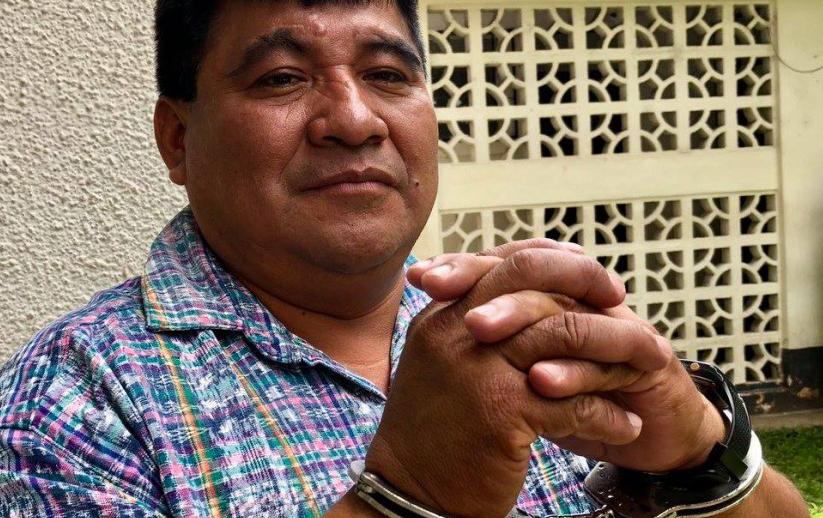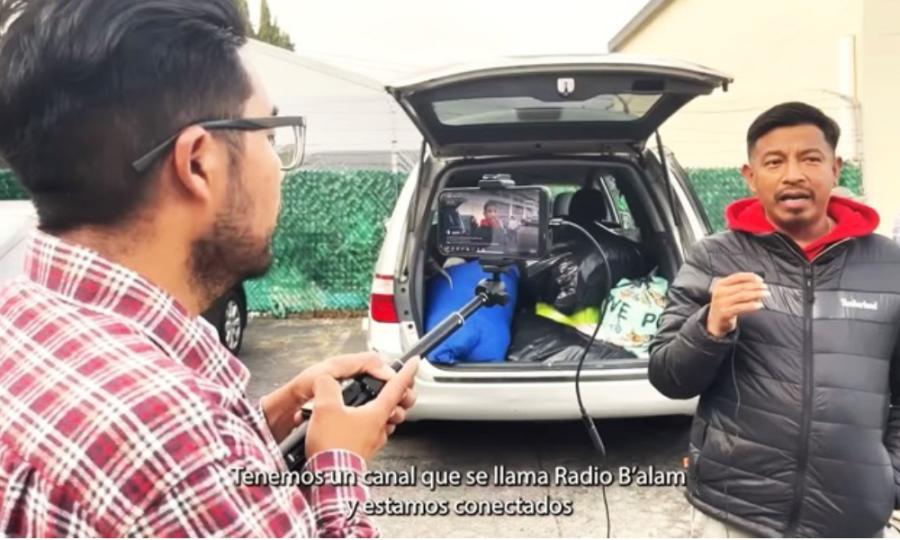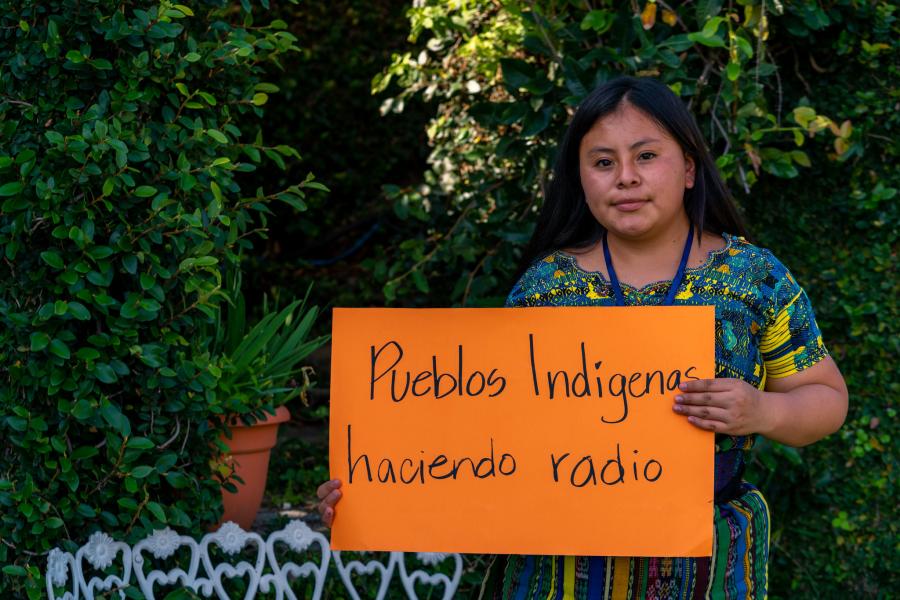
By Rebecca Kirkpatrick (CS Intern)
Bernardo Caal is a well-known Q'eqchi' Maya leader and land and human rights defender in Guatemala who has been falsely imprisoned for three years. In 2020, he was officially declared a prisoner of conscience by Amnesty International. Caal is currently serving a seven-year sentence for crimes he did not commit. He is sometimes referred to as “Guardian of the River” for the work he has done to protect the Cahabón River from the effects of the OXEC hydroelectric plant in Alta Verapaz, Guatemala.
Caal’s case was recently presented at the 14th session of the United Nations Expert Mechanism on the Rights of Indigenous Peoples, which took place on July 12-16, 2021. His defense lawyer, Edgar De León, called on the Mechanism to make a public statement about Caal’s situation, emphasizing that he “symbolically embodies the Indigenous Peoples exercising the right to self-determination in the face of the voracity of corporate power and the lack of State will to fulfill its duty to respect, protect and guarantee our rights.”
In 2015, Caal organized peaceful opposition against the construction of two hydroelectric projects, citing issues and irregularities with the projects and their detrimental effects on the Cahabón River, considered sacred by the local community. Caal pursued legal action against the hydroelectric company, and the Guatemalan Supreme Court ruled in his favor, agreeing that OXEC had failed to obtain the Free, Prior and Informed Consent of the Indigenous Peoples living in the area before starting the project. The company appealed this decision and the case was then taken to the Constitutional Court, which also ruled in Caal’s favor and suspended the project.
The Constitutional Court later reversed this decision, however, and allowed the company to continue operating, bowing to pressure from both business and political sectors. Reversals of major high court decisions such as in Caal’s case have been often characterized as a result of threats and corruption from powerful interests in Guatemala, as was the case in the infamous reversal of the decision to convict former president Rios Montt of genocide in 2013. Soon after the reversal of the case Caal brought against OXEC in January 2018, Caal was summoned to a court hearing, detained, and accused of aggravated robbery and illegal detention of employees of the hydroelectric plant that allegedly occurred in 2015. In November 2018, based on very little evidence, he was sentenced to seven years in prison and continues to serve his community while he serves time.
Caal writes letters to his partner and his community from prison, encouraging them to keep fighting peacefully for their land and rights, as well as maintaining his innocence. “I have been imprisoned for 1,273 days,” he writes. “The hydroelectric plants on the Cahabón River have manipulated justice. They accused me of crimes that I have not committed, just to scare the people and take away our sacred river.”
In another of his recent letters, he states, “The Guatemalan people will continue fighting, because we are a brave people.” In his letters he rallies his community with the chant, “El pueblo unido, jamás será vencido,” meaning “The people united will never be defeated.” From the four walls of his prison cell, he calls on his community to come together and protect their land and their rights, refusing to let his sentence deter him from his battle to save the sacred river. They continue to do so, staging protests and carrying signs mounted with pictures of Caal and phrases such as “the search for truth and justice means persecution and death” and “your indifference and your silence reinforce the corruption.” Many of the signs also feature the hashtag #LibertadParaBernardoCaal, or “Freedom for Bernardo Caal.” In a 2018 interview with PBI Guatemala, Caal stated, “Being in jail does not discourage me. Together with my colleagues, we are touching on core elements of co-optation and corruption which prevail in Guatemala and we are defending ourselves against the plundering.”
Caal has filed an appeal with the Guatemala Supreme Court, but repeated delays and suspended hearings meant that his arguments, including three amicus curiae briefs, were only recently heard on June 21 and a ruling has yet to be issued. In addition to the unnecessarily long pre-trial detention time, UN rights experts are also concerned about Caal’s health, given the poor infrastructure, health services, and overcrowding at Cobán Prison, all of which have been made worse by the COVID-19 pandemic.
The case of Bernardo Caal is, unfortunately, just one example of many Indigenous leaders throughout Latin America who are criminalized, attacked or killed, for taking a stand against powerful companies and governments and speaking out against the violation of Indigenous rights.
Photo courtesy of Bernardo Caal's Twitter page.


